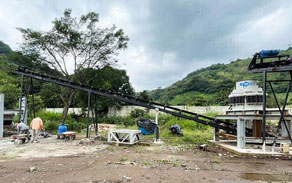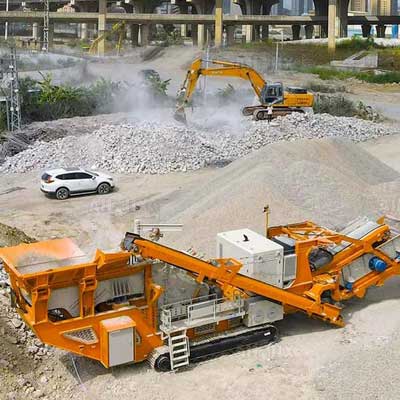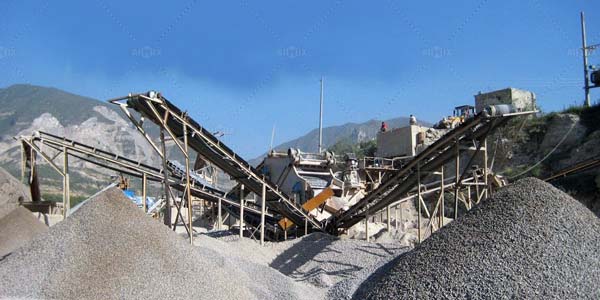
Tactics to Secure Best Deal on Stone Crusher Plant
Learn 7 proven tactics to negotiate the best price for your stone crusher plant and maximize savings.




© 2024 Crivva - Business Promotion. All rights reserved.